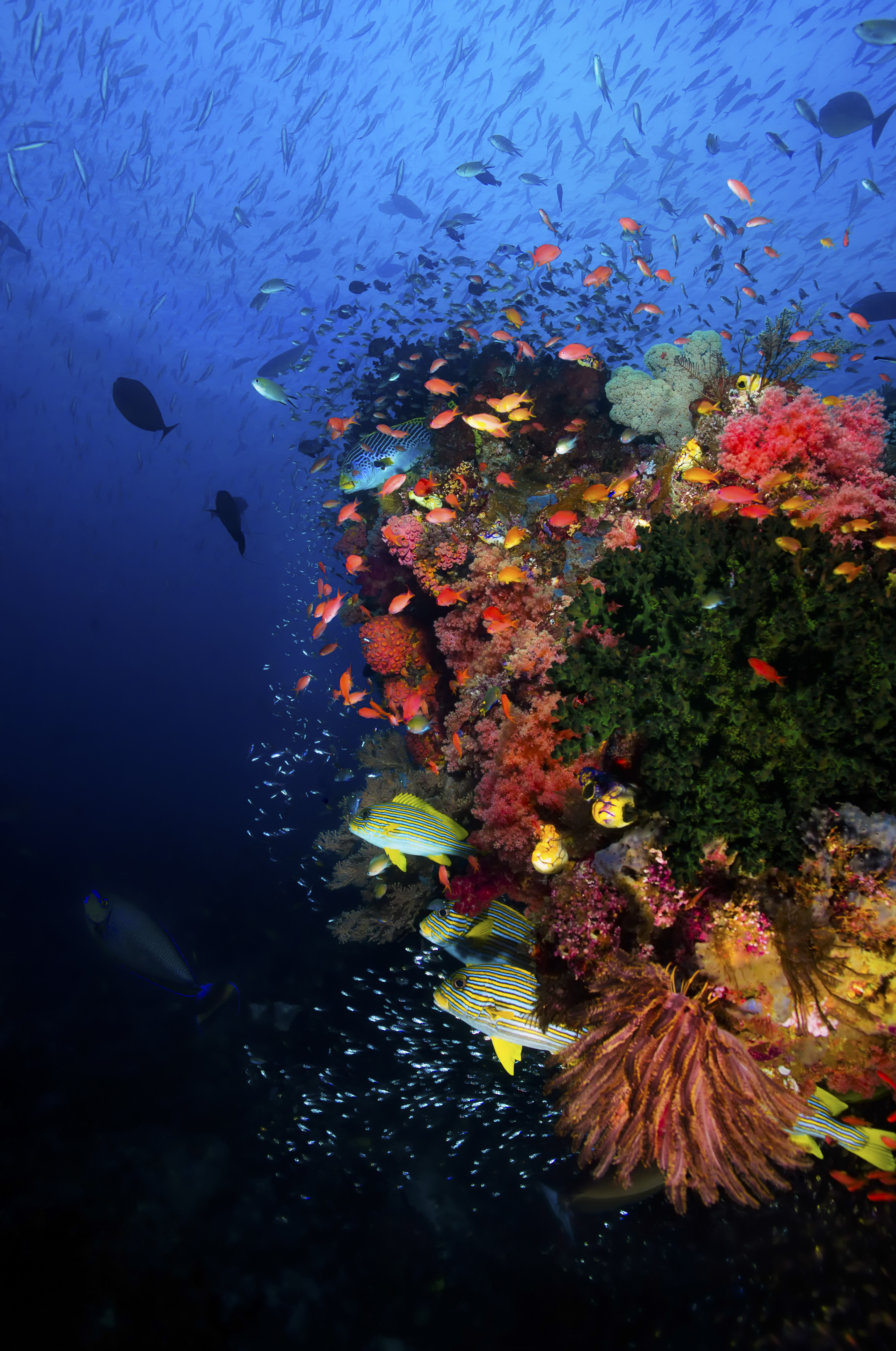Partnerships and major programmes
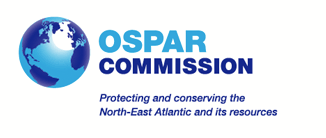
OSPAR logo
The UK Government is a member of OSPAR, which is the mechanism by which 15 Governments and the EU cooperate to protect the marine environment of the North-East Atlantic. We lead and participate in number of OSPAR assessment and technical working groups, including major roles in preparing the OSPAR Quality Status Report 2023, the fourth application of the Common Procedure for assessment of Eutrophication, as well as supporting developing of assessment for biodiversity, ocean acidification, noise, marine litter, climate change and cumulative impacts.
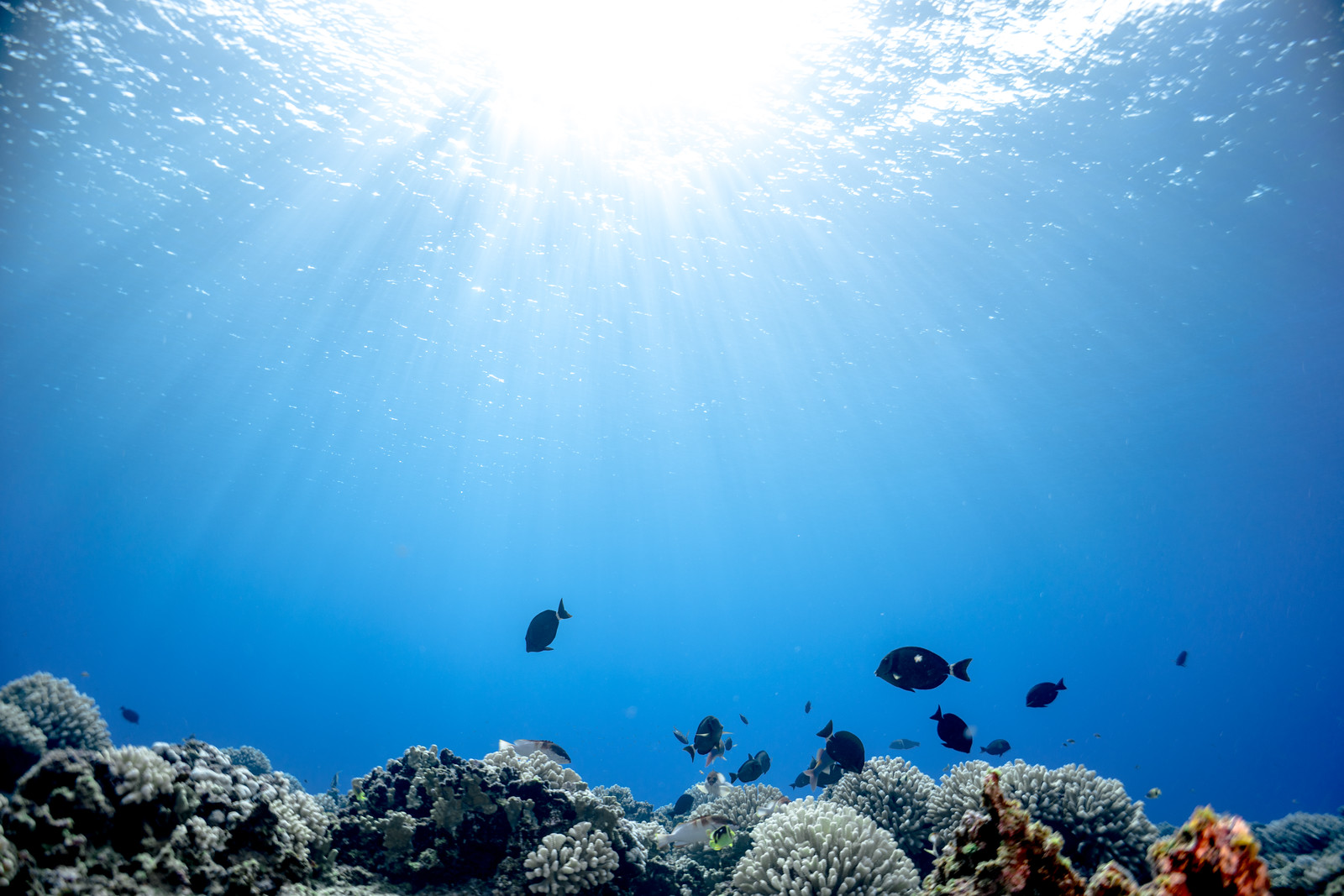
Underwater with fish and corals
The Blue Belt programme, funded by the FCDO, is one of the UK Government’s flagship international marine conservation programmes which is working closely with UK Overseas Territories to assist them in creating and maintaining healthy and productive marine ecosystems. Cefas is one of the core technical delivery partners providing scientific advice and support to the Overseas Territories on the biodiversity contained in their waters and the impact of human activities on this biodiversity. So far, the Blue Belt Programme has supported the UK Overseas Territories to enhance marine protection across more than 4.3 million square kilometres of marine environment.

ICES logo
International Council for the Exploration of the Sea (ICES)
We work with ICES through various programmes and working groups exploring the impacts of human activities on the marine environment across the North Atlantic and Arctic oceans. We are involved in, and lead, several working groups evaluating the impacts of fishing and offshore wind developments on biodiversity and ecosystem functioning.
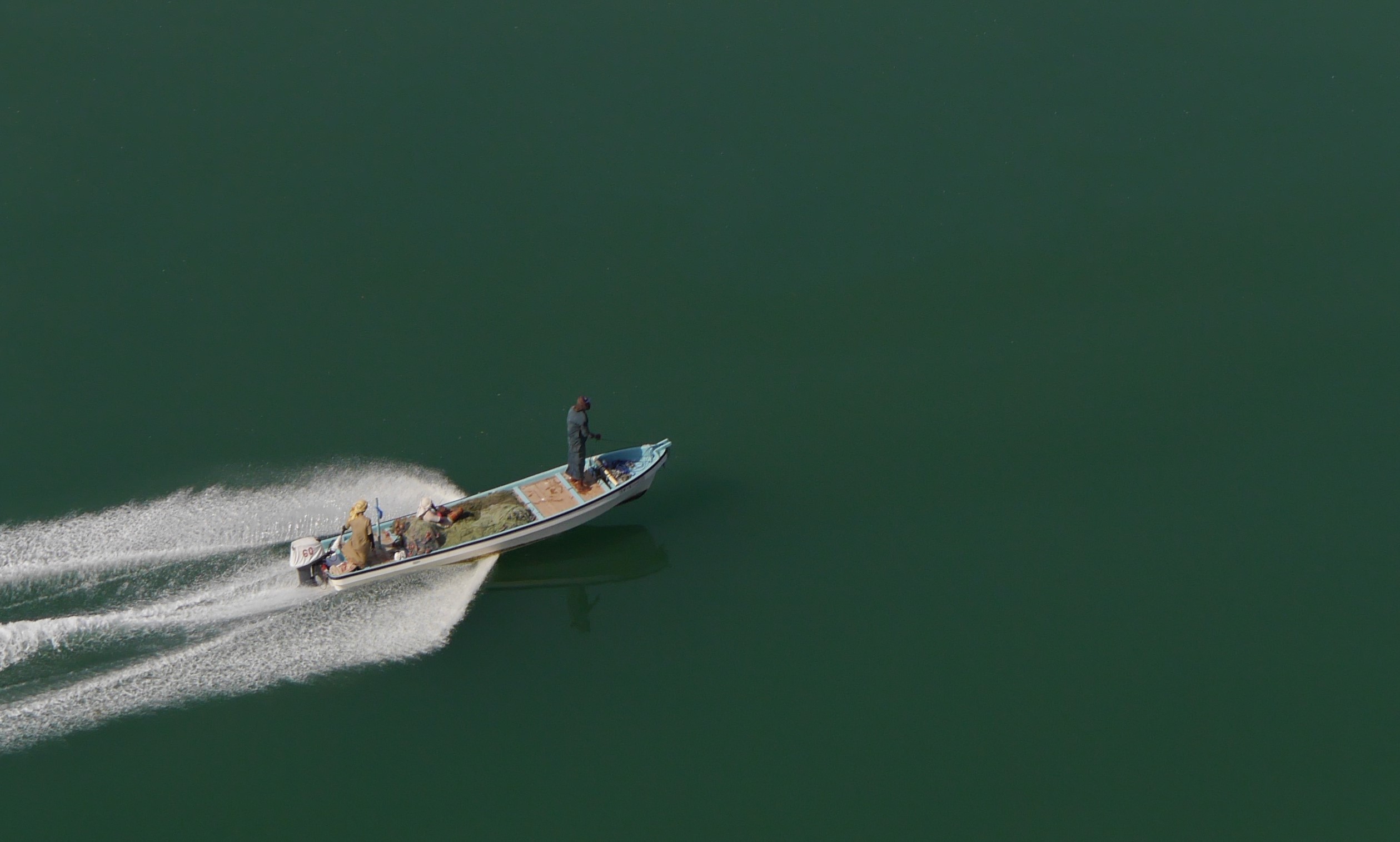
Boat in the Arabian Gulf
Climate, Health and Environment Resilience Programme (CHERP)
The CHERP Programme is enabling Cefas to work with academic and government partners across the Arabian Gulf region. As the Gulf states rapidly develop and diversify away from oil and gas, Cefas is working with partners to develop the evidence and capacity needed to support sustainable economic diversification in the face of environmental, climate and health risks to economic and social resilience. The CHERP Programme, led by Cefas, is running from 2021-2025. This is a continuation of the previous UK-Gulf Marine Environment Partnership Programme which ran from 2016-2021.
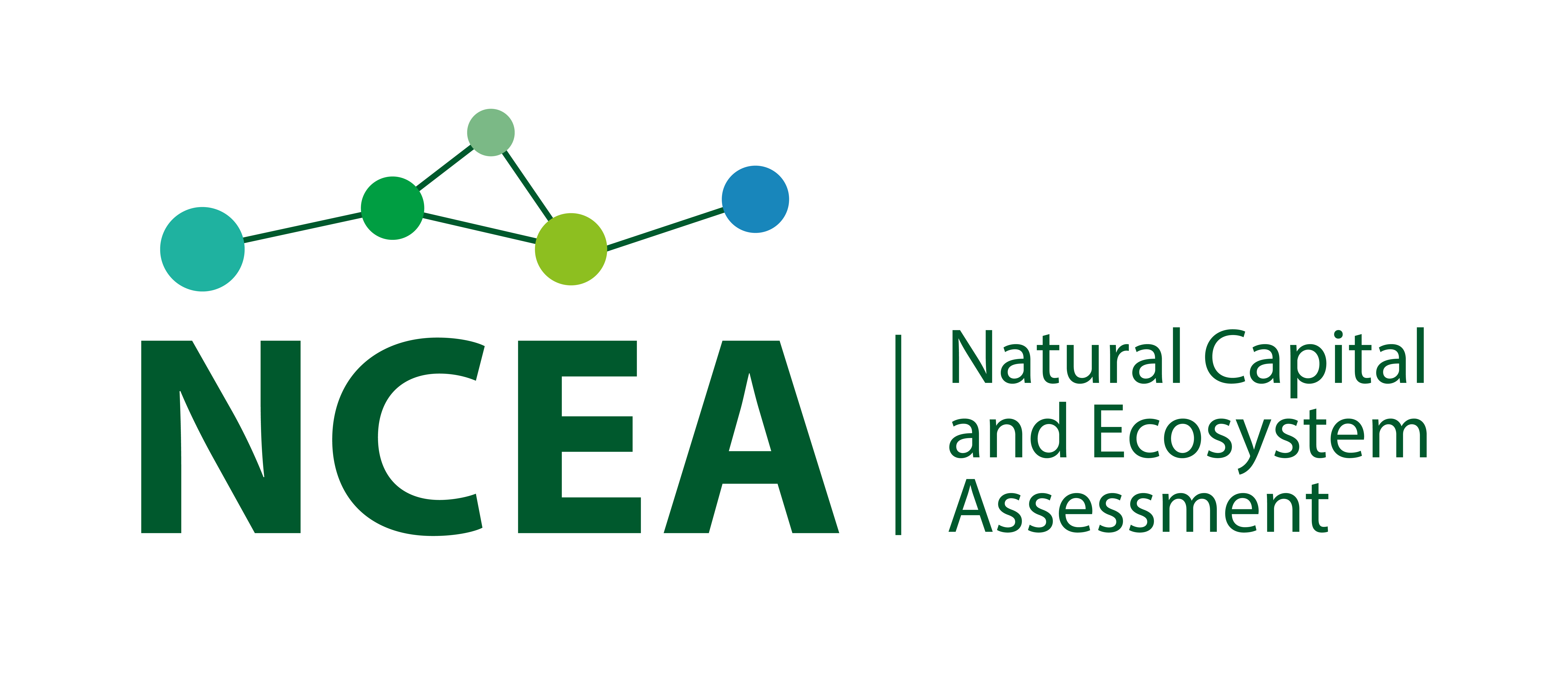
NCEA logo
Defra Marine Natural Capital and Ecosystem Assessment (mNCEA) Programme
The nation’s natural capital - the environment and the natural resources and ecosystem services it provides – is an essential component of economic prosperity and social wellbeing. In 2020 the value of the UK’s natural capital was estimated at £1.8 trillion. To conserve and restore the country’s natural capital, Defra has committed to embedding nature at the heart of decision making. Defra has established a multi-year science innovation and transformation programme, the Natural Capital and Ecosystem Assessment (NCEA) spanning across land and water environments to support the implementation of the natural capital approach. Cefas is a core partner of the mNCEA programme, which is the marine component of the overall NCEA programme.
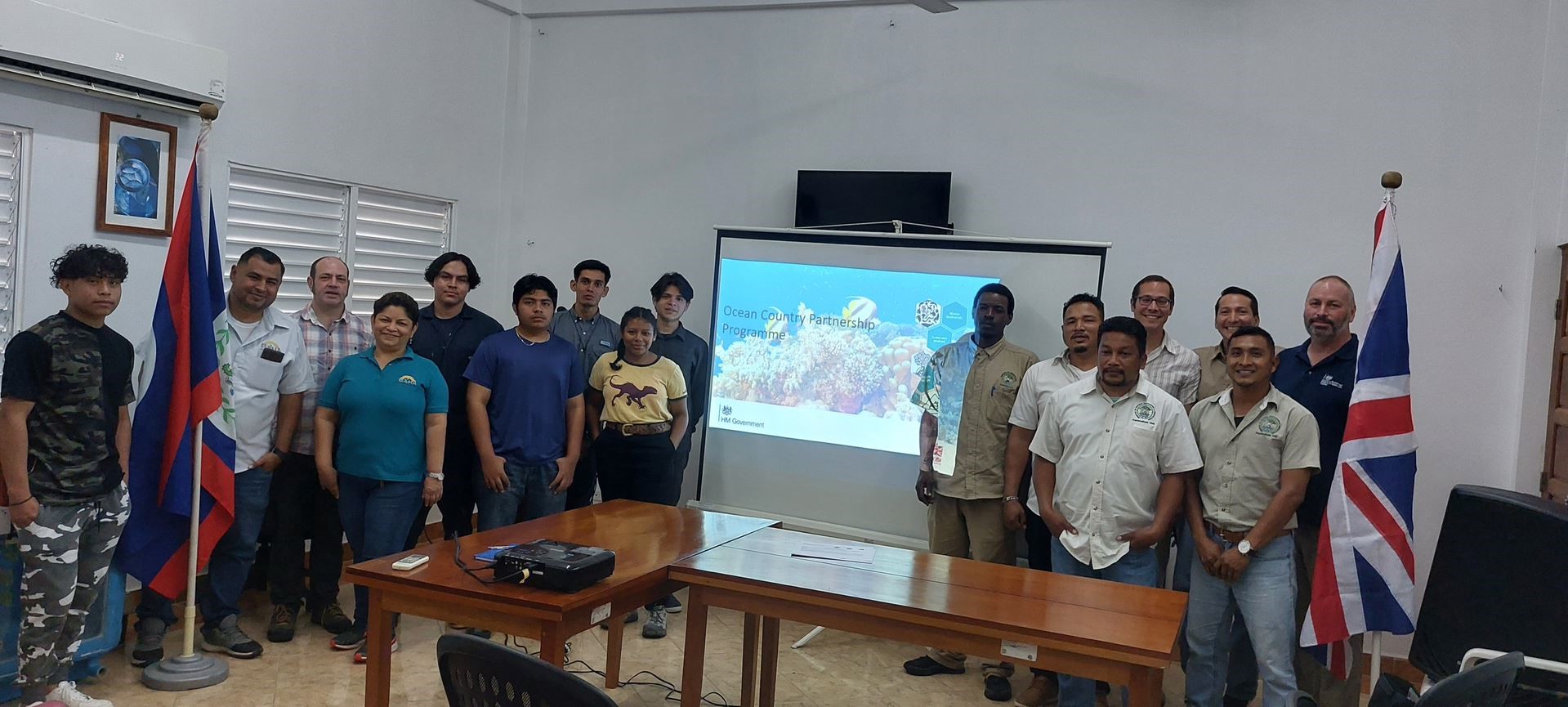
Colleagues in Belize
Ocean Country Partnership Programme (OCPP)
OCPP is a major Official Development Assistance programme led by the Department for Environment, Food and Rural Affairs (Defra) and forms part of the Government’s Blue Planet Fund programme. OCPP supports countries to strengthen marine science expertise, develop science-based policy and management tools, and create educational resources for coastal communities. Cefas is one of the key delivery partners leading activities in collaboration with partner country governments, local institutions, organisations, and communities. The programme is active across South America, Asia, Africa and Australasia, and delivers activity under three main themes: marine pollution, sustainable seafood and marine biodiversity.

Cordap logo
Coral Research and Development Accelerator Platform
The Coral Research & Development Accelerator Platform – CORDAP – was launched in 2020 by the G20 to fast-track research and development (R&D) solutions to save the world’s corals. It aims to bring together international expertise in a transdisciplinary approach, to accelerate international research and development to supply the technologies and innovations required to secure a future for corals and reefs. We sit on the Science Advisory Committee, helping develop and update the strategic direction of research to accelerate coral recovery and protection. Our role in CORDAP continues our work in coral reefs and draws on our understanding of cumulative impacts affecting critical marine habitats.

NAFO logo
Northwest Atlantic Fisheries Organisation (NAFO)
Cefas have been working with the Regional Fisheries Management Organisation (RFMO) for the Northwest Atlantic (NAFO) to create and apply an ecosystem approach since 2009. Bottom trawling is known to have a huge impact on ocean biodiversity due to the physical damage it causes to the seafloor. Cefas, along with colleagues from other NAFO member countries, are working to develop ways to understand and calculate the loss of biodiversity caused by bottom trawling activities. This scientific evidence has supported the closure of all seamounts to bottom fishing activities at fishable depths in the Northwest Atlantic and protecting over 90% of the sponge biomass located within the NAFO Regulatory Area subject to fishing activity.
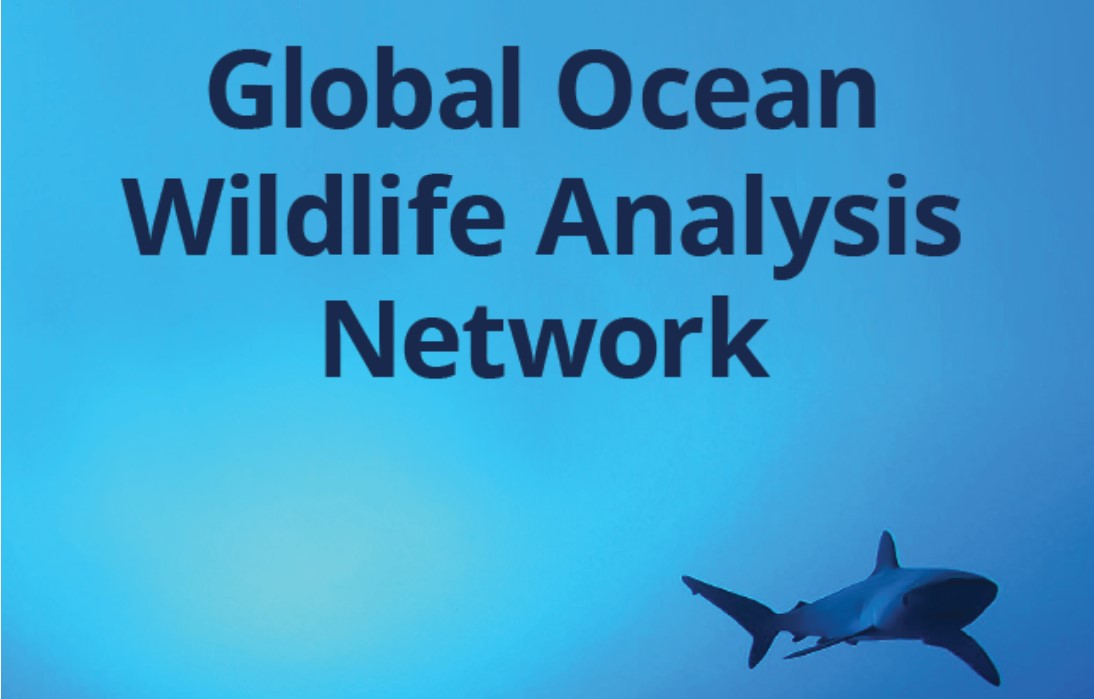
Global Ocean Wildlife Analysis Network
Global Ocean Wildlife Analysis Network
We are using stereo Baited Underwater Video Systems (BRUVS) to map and monitor marine wildlife and diverse ecosystems of the global ocean. Through the Global Ocean Wildlife Analysis Network we are operating across the vast maritime and coastal areas of the UK Overseas Territories (UKOT) in the Atlantic, Indian, Pacific and Southern Oceans to improve our understanding of the marine wildlife and help ensure these diverse ecosystems are protected and sustainably managed for future generations.
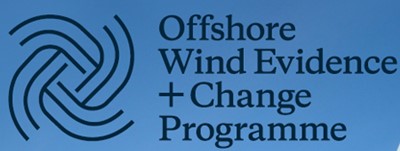
Offshore Wind Evidence and Change (OWEC) programme logo
Offshore Wind Evidence and Change (OWEC) programme
The Crown Estate has established the Offshore Wind Evidence and Change (OWEC) Programme in partnership with UK Government Departments to facilitate the rapid and sustainable expansion of the UK offshore wind without compromising national objectives for clean, healthy, productive and biologically diverse seas. Cefas are active participants within the OWEC Programme and leading a series of evidence projects. The OWEC Programme is a unique initiative enabling data collection and evidence provision that feed into planning and Government decision making for the sustainable development of offshore wind.
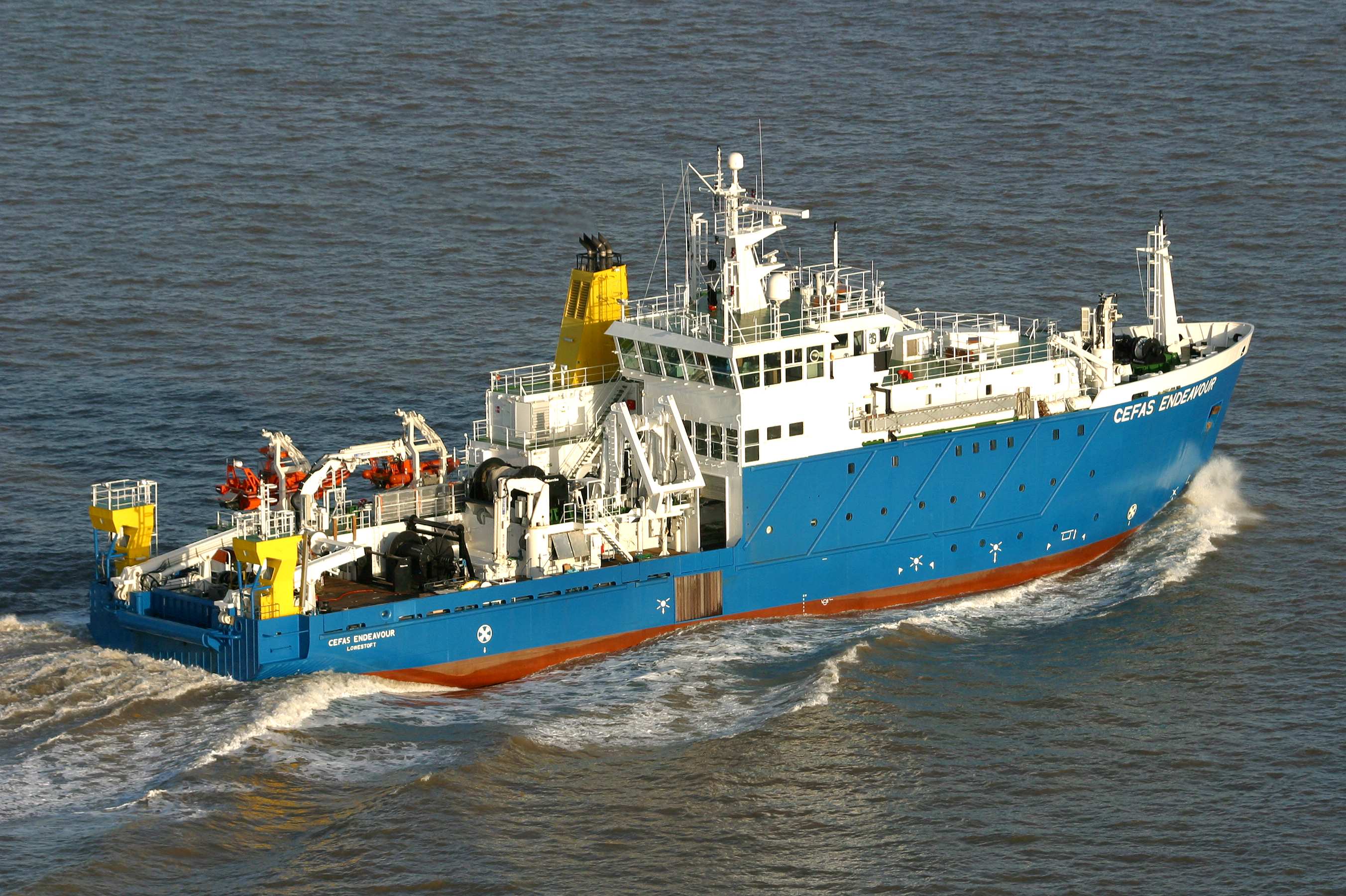
RV Cefas Endeavour
UK MPA survey programme
Marine Protected Areas (MPAs) form the core of marine spatial conservation measures in English waters. Monitoring them is key to understanding how seafloor biodiversity changes following the establishment of management measures. We lead the multi-disciplinary partnership monitoring programme for MPAs within English waters, delivering scientific evidence to Defra, JNCC and Natural England. We develop statistically robust sampling designs, acquire and analyse grab samples, imagery and acoustic data to better understand the distribution of habitats, biological communities and species of conservation importance, alongside developing recommendations for future monitoring. This evidence is used by our Defra group partners to assess the condition of individual MPAs and is used to inform the development and refinement of MPA-specific management measures.
